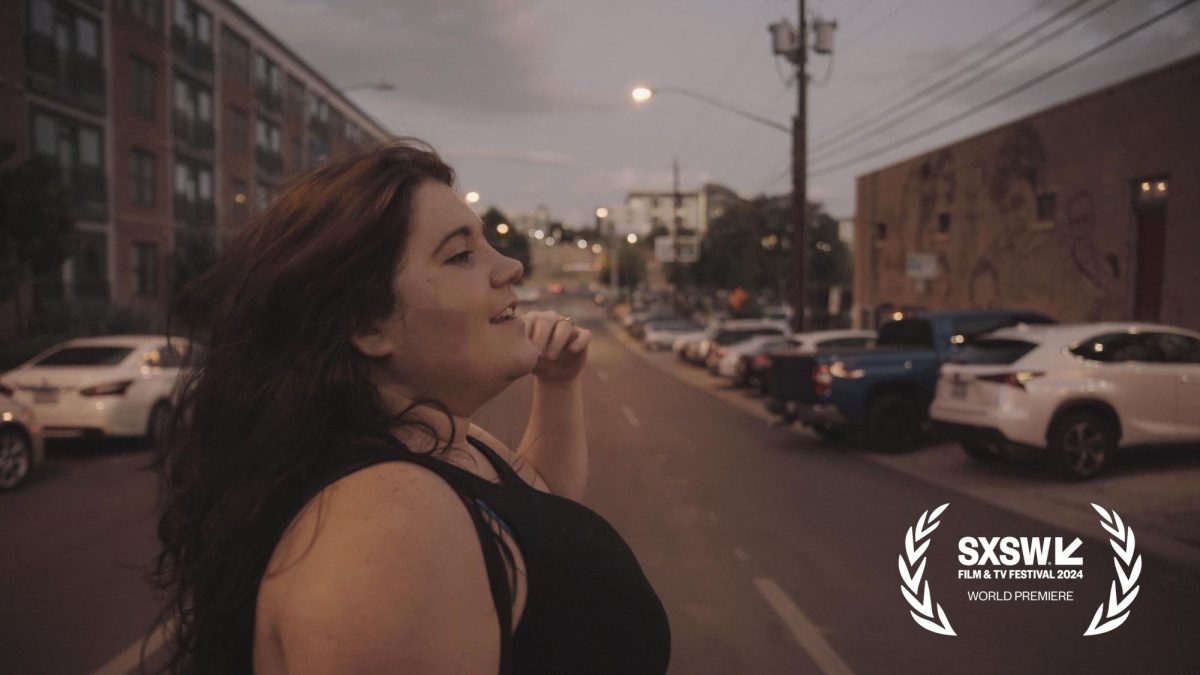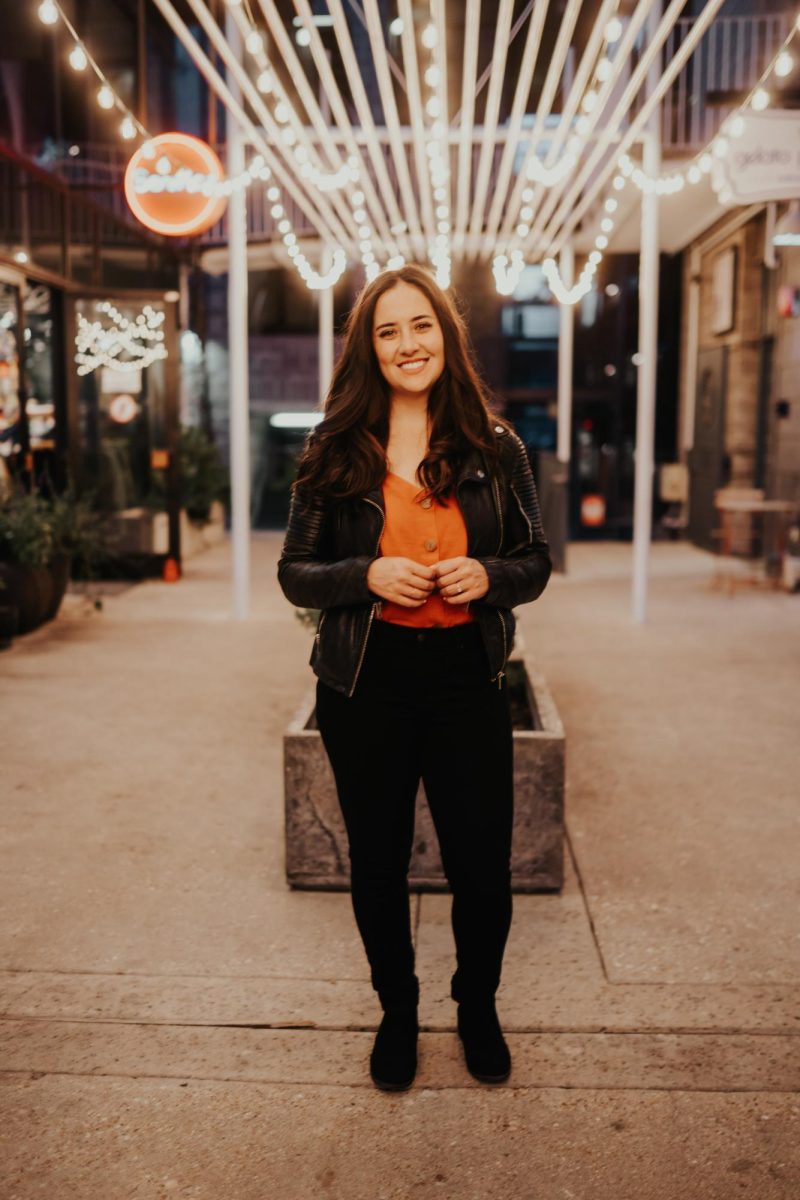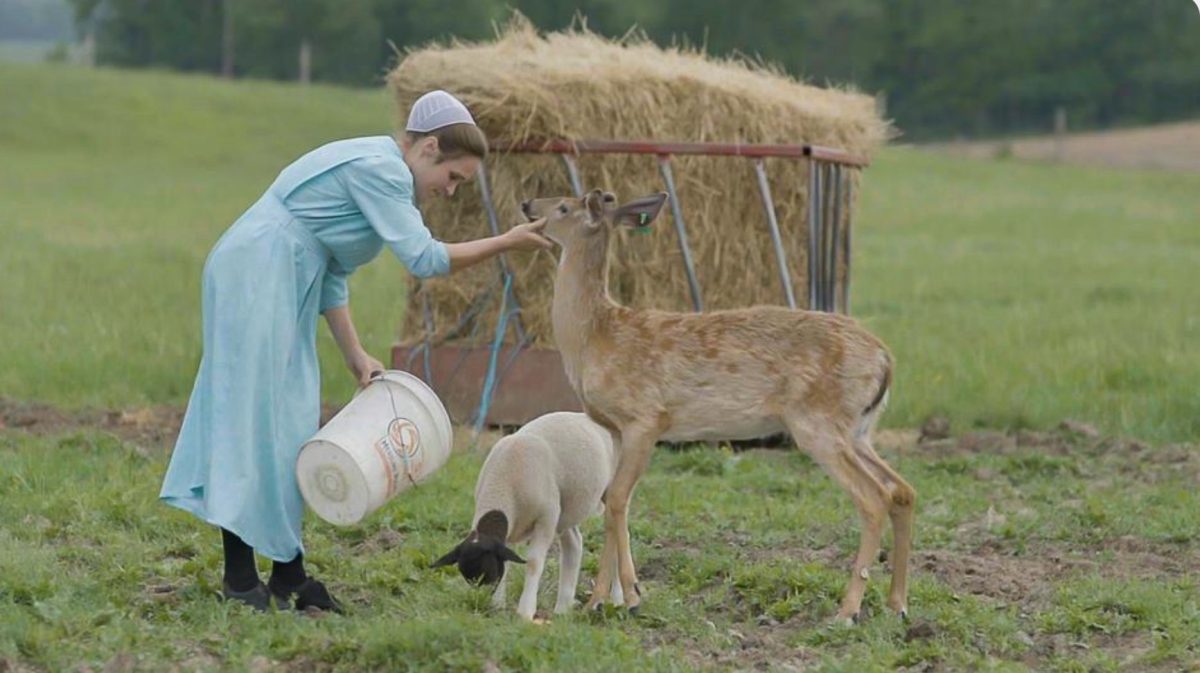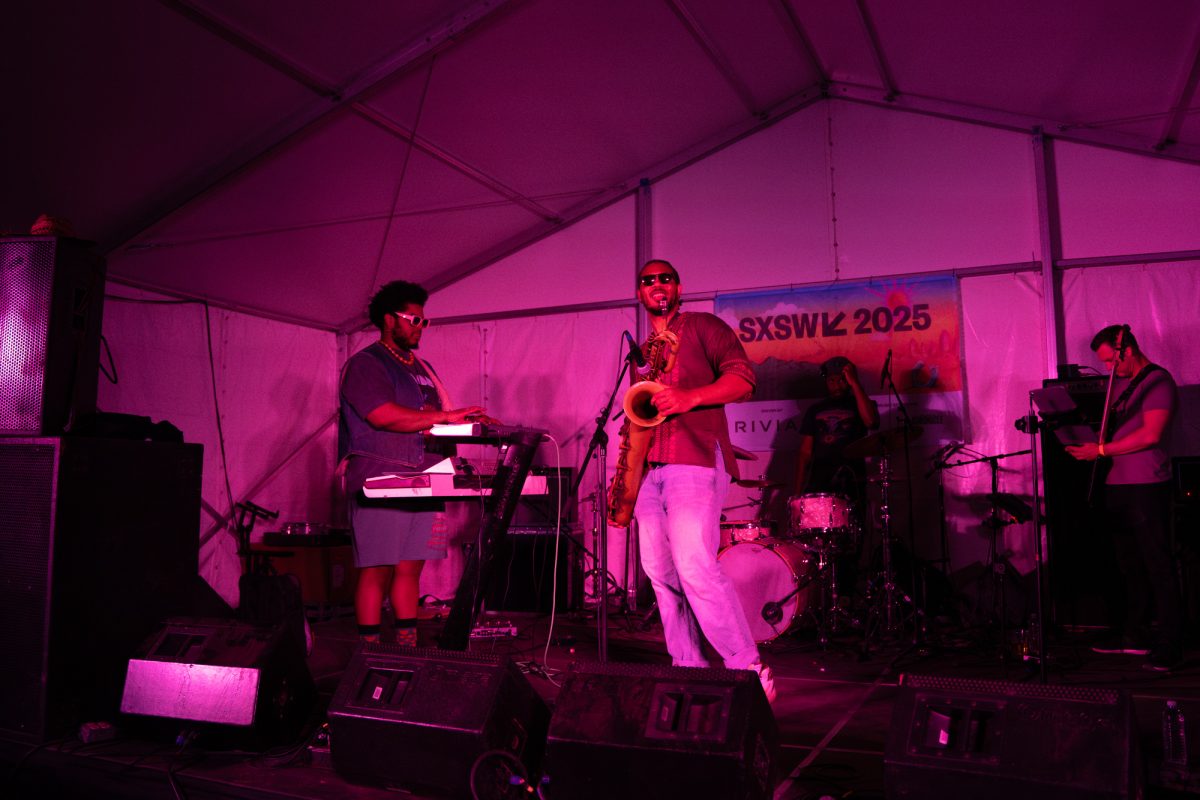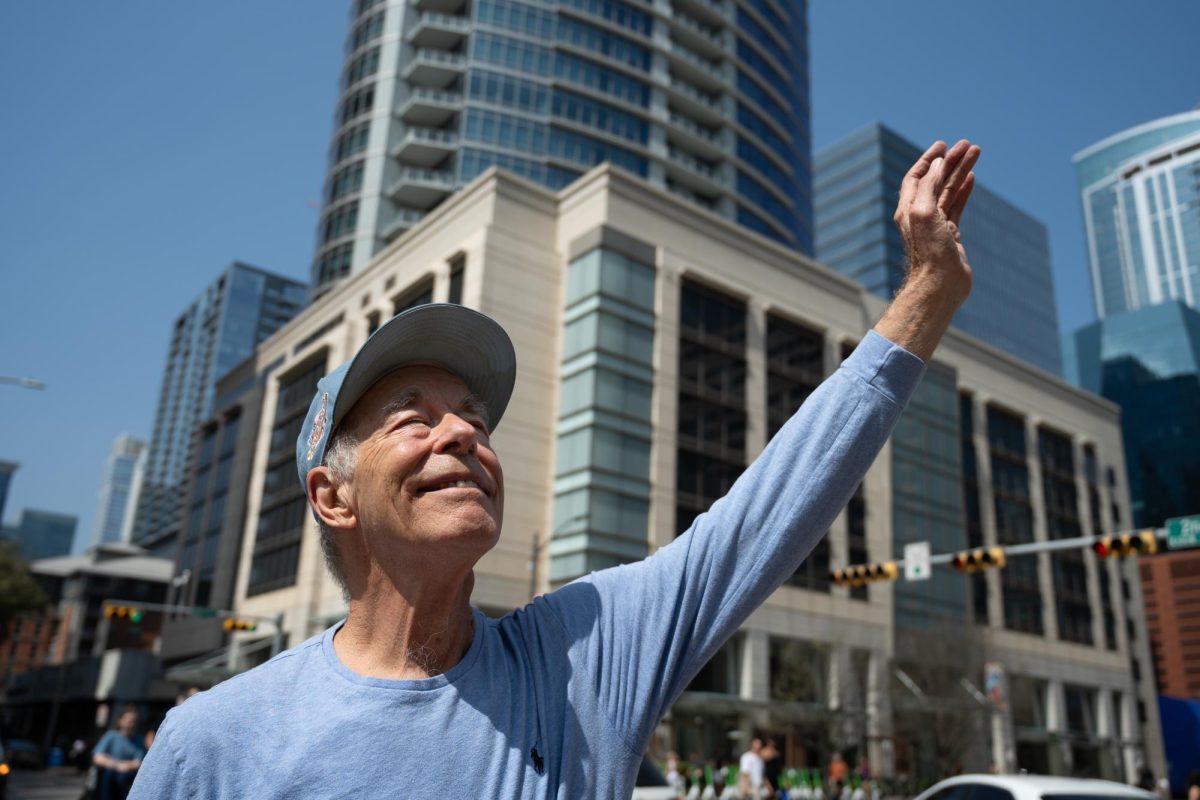Content warning: This article contains discussion of sexual assault and sexual violence.
The documentary “An Army of Women” follows the class-action lawsuit filed by 15 sexual assault survivors against the Travis County District Attorney’s Office and Austin Police Department due to their mismanagement of sexual assault cases. The film premiered at SXSW on Friday as part of the Documentary Feature Competition.
The Daily Texan sat down with the film’s director Julie Lunde Lillesæter and two of the subjects Hanna Senko and Marina Garrett, UT alumna, to talk about the film.
The Daily Texan: What were your inspirations and motivations for the film?
Julie Lunde Lillesæter: I got the idea for making this film when I learned about the lawsuit on a local news story … in June 2019. It was about a year after the lawsuit had been filed. I learned about the case, and it really opened my eyes to how the system was failing women. I think I naively thought that the criminal justice system was equipped to handle sexual assault cases and that when a rape happened, there would be procedures in place to support survivors to make sure that rapists are held accountable and that wasn’t the case. … I reached out to the attorneys Jenny (Ecklund) and Elizabeth (Myers), who told me about this army of women who are working behind the scenes trying to create all this change. Then they introduced me to some of the plaintiffs, Marina and Hanna were among them, and that’s how the film got started.
DT: What is your goal in terms of social impact with this film?
Hanna Senko: There’s a real need for this film, just from a general society perspective and helping our communities understand that this is a real issue. (There is) real value for policymakers, law enforcement, prosecutors and then for survivors as well. As a survivor going through this, I didn’t have a good perspective on my own case and situation until I understood what other survivors went through when they reported. That was a really important part of my healing in this journey. I hope that the film can offer that to other survivors.
DT: What was the biggest challenge while making the film?
JLL: The biggest challenge was deciding what to include and what not to include. We filmed for nearly four years, we had hundreds of hours of footage. The legal cases were very complicated, and there were a lot of detours. There was a rich history leading up to the lawsuit and a lot of things happened after the lawsuit. … In the end, we ended on a very clear kind of strict focus on the lawsuit itself. But, there’s so much more that could have been said about this issue, about how Austin has failed survivors, about all the experiences of the plaintiffs. I could have made 10 different movies about this.
DT: Was there anything that you all wanted to add that I didn’t ask about?
Marina Garrett: I think it’s really important for UT students to watch it. When I was attending there, I knew that a lot of students were working to make new student organizations around sexual assault and care support, I created a survivor cord at graduation while I was there. Rape is rampant on college campuses, so I think it’s important for this film to be shown in universities.

